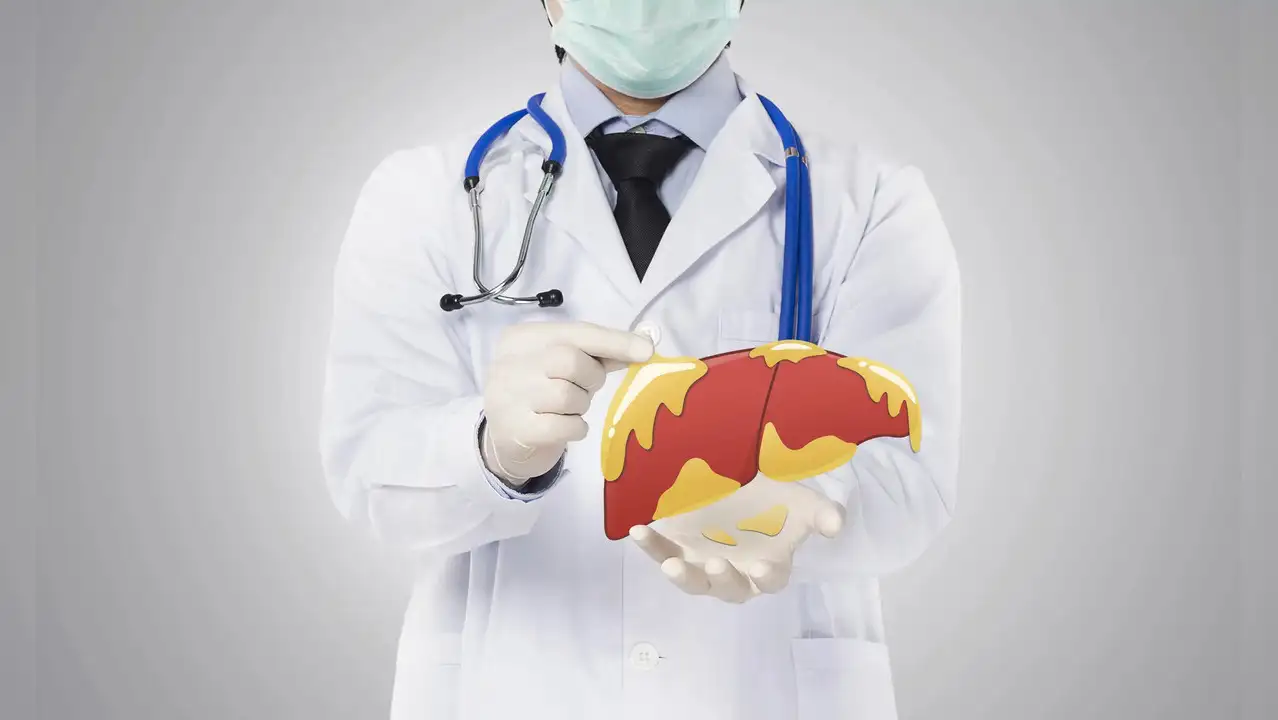Fatty liver disease, a condition where excess fat builds up in the liver, is increasingly affecting young people. Although it’s normal for the liver to contain some fat, when this exceeds more than 10 per cent of the liver’s weight, it is classified as fatty liver disease. This silent condition is on the rise, and experts believe that our modern lifestyle is to blame.
The Rise of Fatty Liver in Younger Generations
Today's fast-paced routines, filled with processed foods, sugary drinks, and minimal physical activity, have contributed to the growing incidence of liver issues. “Long hours of screen time, lack of exercise, and an increasing reliance on fast food have made younger generations more vulnerable to liver conditions,” says Dr Abhishek Yadav, Jupiter Hospital, Pune.
The troubling aspect of fatty liver disease is its often silent progression. Symptoms may not present themselves for years. When they do, individuals may experience general malaise, upper right abdominal pain, fatigue, jaundice, shortness of breath, red palms, leg swelling, abdominal swelling (ascites), spider-like blood vessels beneath the skin, and itchy skin—particularly in more advanced stages.
Why Early Detection Matters
Dr Aakaar Kapoor, City X-Ray and Scan Clinic, stresses the value of early screening. “The early detection of liver abnormalities enables patients to take charge of their liver health before serious harm is done,” he explains.
“Doctors may recommend blood tests to check liver enzymes and function. One of the best non-invasive tools we have is the Fibroscan, which assesses liver stiffness and helps determine the extent of liver damage. Additional tests, like lipid profiles and liver function tests, can also provide key insights into liver, cholesterol, and blood sugar levels.”
The Broader Health Implications
Fatty liver disease is not just an isolated condition. Dr Yadav points out that it belongs to a broader group of metabolic diseases, which includes diabetes, heart disease, strokes, and gallstones. “Patients with fatty liver disease are at higher risk of developing these serious conditions,” he warns. “The good news is that lifestyle changes can often manage—and even reverse—fatty liver disease.”
He stresses that the disease often stems from consuming more calories than the body can use, leading to fat accumulation in the liver. Those at higher risk include people with diabetes, high triglyceride levels, obesity, or a family history of liver disease. However, alcohol abuse, rapid weight loss, and malnutrition can also contribute to the condition—even in those without traditional risk factors.
“There are currently no medications specifically approved for treating fatty liver disease,” Dr Yadav adds.
Management focuses on lifestyle changes: adopt a balanced diet, avoid sugar, lose weight, exercise regularly, manage cholesterol and blood sugar, and avoid medications and substances—like alcohol and over-the-counter painkillers—that can harm the liver. “People with fatty liver are more susceptible to liver damage from alcohol and certain drugs, so these should be strictly avoided unless supervised by a medical professional.”
Nutritional Strategies for Liver Health
A crucial part of managing fatty liver lies in dietary choices. According to Dr Ginni Kalra, Aakash Healthcare, “A healthy diet forms the backbone of effective fatty liver management. Limit the intake of high-fat foods such as cake, chocolate, sausage, and bacon. Replace saturated fats like butter and red meat with healthier unsaturated fats such as those found in avocado, olive oil, and salmon.”
She also recommends choosing foods with a low glycaemic index, including fruits, vegetables, and whole grains. “It’s important to avoid simple sugars found in ice creams, sweetened drinks, and juices,” she says. “A Mediterranean diet is particularly beneficial for liver health. In addition, regular physical activity and maintaining a healthy weight are essential components of a liver-friendly lifestyle.”
Get Latest News Live on Times Now along with Breaking News and Top Headlines from Health and around the world.
